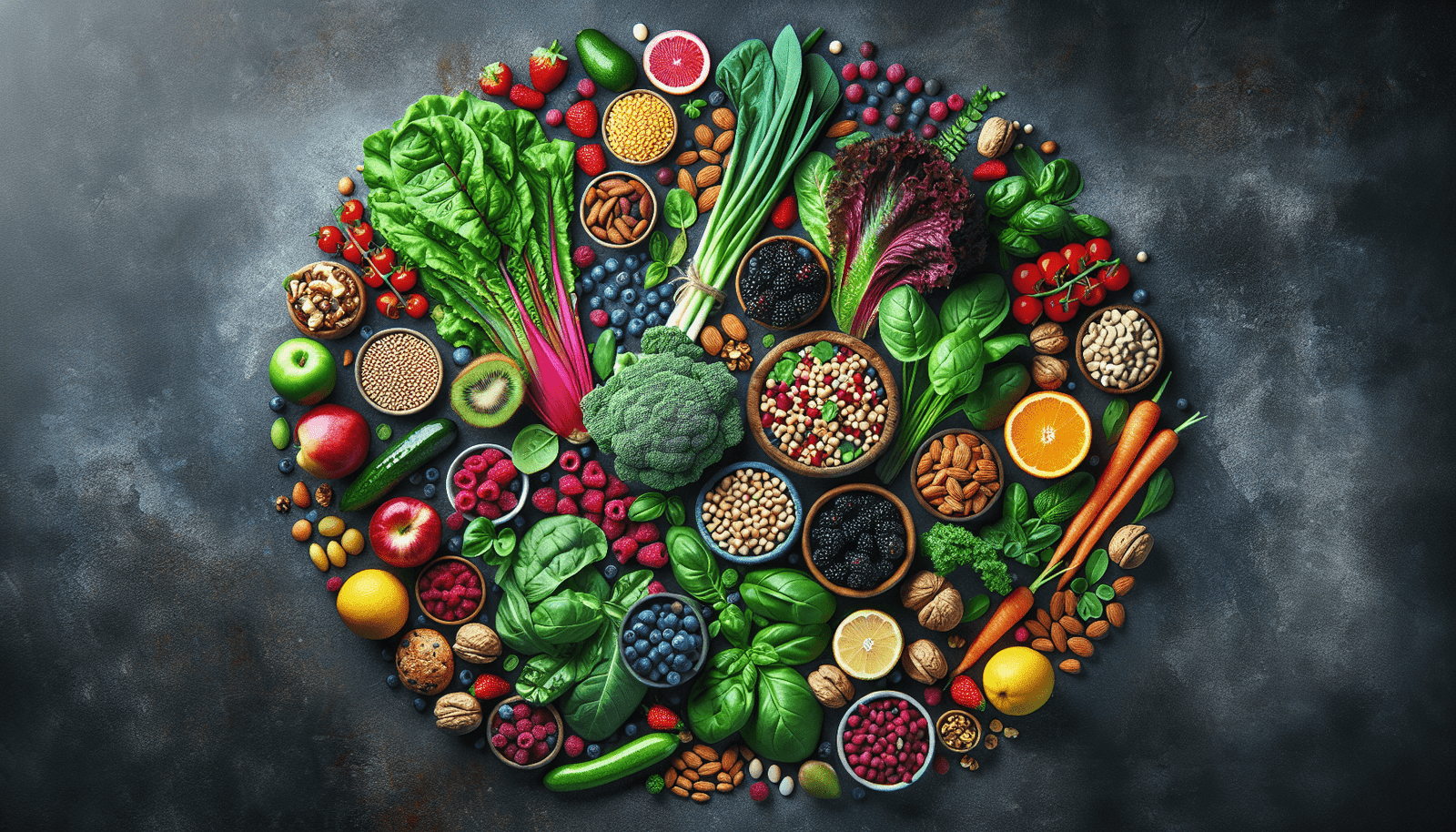Introduction
In recent years, there has been a growing interest in plant-based diets for their numerous health benefits. One diet that has gained popularity is the Flexitarian Diet, which is a flexible approach to eating that encourages mostly plant-based foods while allowing for occasional meat consumption. In this article, we will dive into the science behind the Flexitarian Diet, exploring its benefits, potential drawbacks, and how to effectively follow this dietary approach.
What is a Flexitarian Diet?
A Flexitarian Diet is a predominantly plant-based diet that allows for occasional consumption of meat. The focus is on whole, unprocessed foods such as fruits, vegetables, whole grains, legumes, nuts, and seeds. The flexibility of this diet allows individuals to tailor their intake of animal products based on personal preferences and health goals.
Benefits of a Flexitarian Diet
One of the key benefits of following a Flexitarian Diet is its association with improved overall health. Studies have shown that plant-based diets are linked to a lower risk of chronic diseases such as heart disease, diabetes, and certain types of cancer. By primarily consuming plant-based foods, individuals can increase their intake of essential nutrients and antioxidants, which play a crucial role in maintaining optimal health.
Additionally, the Flexitarian Diet is more environmentally sustainable compared to typical Western diets that are heavy in animal products. Plant-based foods require fewer resources to produce, resulting in reduced greenhouse gas emissions and less strain on the environment. By reducing meat consumption and increasing plant foods, individuals can contribute to a more sustainable food system.
Weight Management
Another benefit of the Flexitarian Diet is its potential for weight management. Plant-based diets are generally lower in calories and saturated fats compared to diets high in animal products. By focusing on filling, nutrient-dense foods, individuals can feel satisfied while maintaining a healthy weight. The flexibility of the Flexitarian Diet also allows for occasional indulgences, making it easier to adhere to in the long term.
Improved Digestive Health
Plant-based foods are rich in fiber, which is essential for digestive health. A diet high in fiber can promote regular bowel movements, prevent constipation, and support a healthy gut microbiome. Many plant foods also contain prebiotics, which are beneficial for feeding the good bacteria in the gut. By incorporating a variety of fruits, vegetables, whole grains, and legumes into the diet, individuals can improve their digestive health and overall well-being.
Potential Drawbacks of a Flexitarian Diet
While the Flexitarian Diet offers numerous health benefits, there are some potential drawbacks to consider. One common concern is the risk of nutrient deficiencies, particularly with essential nutrients found in animal products such as vitamin B12, iron, and omega-3 fatty acids. It is important for individuals following a Flexitarian Diet to pay attention to their nutrient intake and consider supplementation if needed.
Another potential drawback of the Flexitarian Diet is the challenge of maintaining balance in food choices. Some individuals may struggle to find a healthy balance between plant-based foods and occasional meat consumption, leading to an uneven nutrient intake. It is important to plan meals carefully and ensure a variety of nutrient-dense foods are included in the diet.
Protein Intake
Protein is an essential nutrient for overall health, and it can be a concern for individuals following a predominantly plant-based diet. While plant foods such as legumes, nuts, seeds, and whole grains contain protein, they may not provide all essential amino acids in sufficient amounts. It is important for Flexitarians to include a variety of protein sources in their diet to meet their daily protein needs.
Iron and Vitamin B12
Iron and vitamin B12 are nutrients that are primarily found in animal products, and their deficiency can lead to health issues such as anemia and fatigue. Individuals following a Flexitarian Diet should pay attention to their intake of these nutrients and consider incorporating fortified foods or supplements to meet their needs. Plant-based sources of iron include lentils, spinach, and fortified cereals, while vitamin B12 can be found in fortified plant milk and nutritional yeast.
How to Follow a Flexitarian Diet
For those interested in adopting a Flexitarian Diet, here are some practical tips on how to get started and maintain a balanced intake of plant-based foods and occasional meat:
-
Gradual Transition: Start by gradually reducing your intake of meat and increasing plant-based foods such as fruits, vegetables, whole grains, legumes, nuts, and seeds. Experiment with new recipes and flavors to keep meals exciting and diverse.
-
Meal Planning: Plan your meals in advance to ensure a balanced intake of nutrients. Include a variety of colors, textures, and flavors in your meals to provide a wide range of essential nutrients. Focus on whole, unprocessed foods to maximize health benefits.
-
Protein Diversity: Incorporate a variety of protein sources into your diet, such as legumes, tofu, tempeh, nuts, seeds, and whole grains. Experiment with plant-based proteins to discover new favorites and ensure you are meeting your daily protein needs.
-
Supplementation: Consider taking a multivitamin or individual supplements to meet your nutrient needs, particularly for nutrients that are lacking in plant-based foods such as vitamin B12 and omega-3 fatty acids. Consult with a healthcare provider or dietitian to determine the right supplements for your individual needs.
-
Mindful Eating: Practice mindful eating by paying attention to hunger and fullness cues, savoring each bite, and enjoying meals without distractions. Be mindful of portion sizes and aim to eat until you are satisfied, not overly full.
Conclusion
The Flexitarian Diet offers a balanced approach to eating that emphasizes plant-based foods while allowing for occasional meat consumption. By incorporating more plant foods into your diet, you can improve your overall health, contribute to environmental sustainability, and potentially manage your weight more effectively. However, it is important to be mindful of potential nutrient deficiencies and ensure a balanced intake of essential nutrients. With careful planning and attention to your dietary choices, you can successfully follow a Flexitarian Diet and reap its numerous health benefits.
